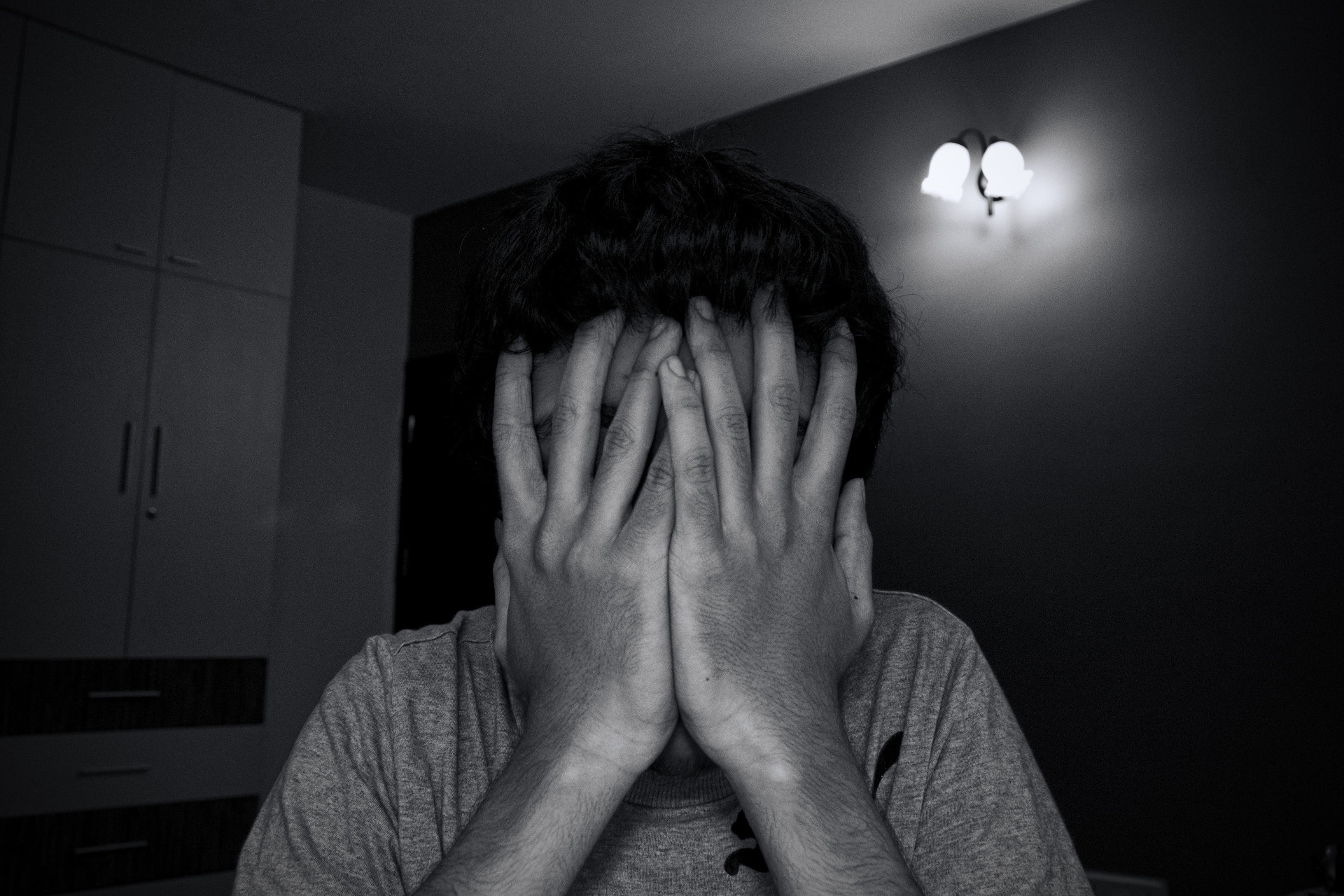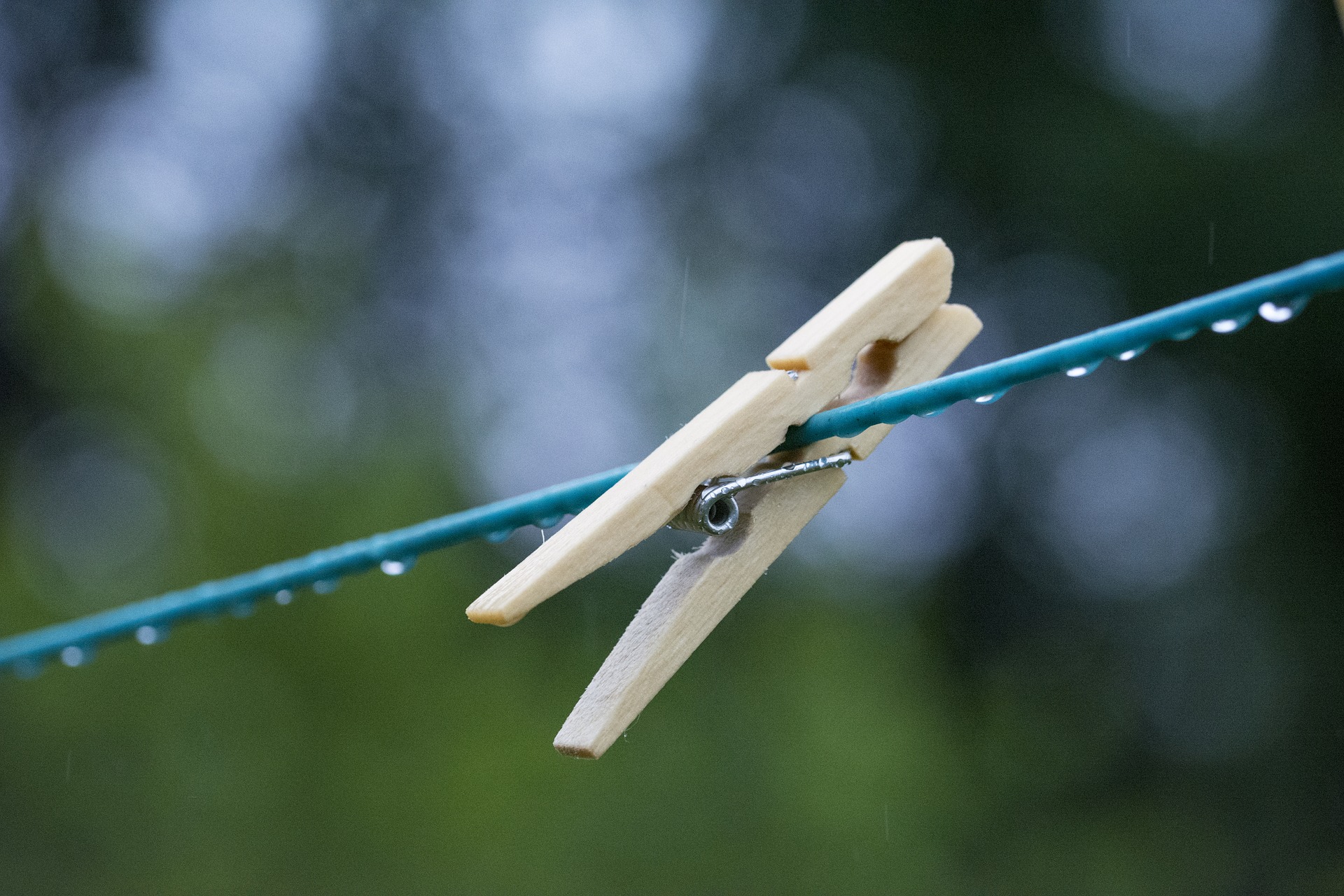
While talking to any teen, one word that repeatedly comes up in the conversation is “pressure”. It could be pressure to do well in studies, pressure to get into a good college, pressure to dress appropriately, pressure to fit into a group so on and so forth. It’s little wonder then that teens are grappling with a myriad of problems such as depression, anxiety, substance abuse, suicide and more - all of which arise due to their inability to handle such pressure.
So, what exactly is this pressure?
Simply put, pressure is the perceived force that pushes a teenager to act in a certain way, sometimes against his or her wishes. In most cases, this pressure comes from external factors and entities such as parents, society, education system and friends.In fact, a new survey by the American Psychological Association shows that teens are more stressed than adults in America. Teens scored an average of 5.8 out of 10 on a stress scale, which is way more than the 3.9 that’s considered normal. Even during summer months, teens scored a score of 4.6, which goes to show that it’s not just academics that’s hitting them. In comparison, adults average 5.1 on the stress scale.
Types of pressure in a teen’s life
Teens these days lead a tough life. Following are some types of pressure that they are exposed to ( by the way, these have been mentioned by teens themselves):
- Academic pressure : The pressure to excel in studies, get good grades and clinch a spot in one of the best colleges is one of the biggest stress for teens. Though some parents argue that this academic pressure is a part of being an adolescent, in reality, it’s not. The previous generation did not have so much pressure simply because competition was not so intense. For most parents, getting a college seat was fairly easy because they didn’t have to score a minimum GPA of 4.0, to get an admission in a reputed school.To get to the top of the class, teens are forced to put in extra effort which could also include additional classes in school and outside, exam prep classes and more.
- Pressure to be successful : Unfortunately, the pressure to perform doesn’t stop with just academics, rather it extends to all forms of co-curricular and extra-curricular activities too such as arts and sports.Every member in a school sports team is under immense pressure to deliver the results, which means, they have to put in tons of hours for practice. Likewise for arts too. The choir has to be perfect and the dance movements have to be elegant, all of which adds more pressure on them to perform.
- Pressure to fit in : Every teen wants to feel accepted within their peer group. However, this idea of fitting in means having the latest gadget or dressing up in a certain way or talking about the latest movies/shows or hanging out with the right people. Sometimes, it could also mean using tobacco, alcohol and even drugs.This idea of fitting in could also mean that a teen has to do things that he or she may not necessarily like or believe in. In some cases, they are forced to act in a certain way, even if they think it is wrong.
- Pressure to have a perfect appearance : There is greater emphasis on body image than ever before. The teens want to look like the models, actors/ actresses, the rock stars without realizing the kind of effort that goes into creating celebrities. The selfie culture, thanks to the ubiquitous smart phones has made it worse. Looking good at any point in time has become a necessity. Setting such unrealistic expectations sets them up for disappointments because they are either taking drastic measures to achieve their unrealistic goals or they are devastated and isolated. It’s not uncommon to see kids (especially girls) sticking to unhealthy diets, using diet pills, skipping meal altogether, exercising long hours, to maintain that perfect body weight.
Over the last few decades, we have transformed ourselves into a result-oriented society where we are concerned only with the eventual success or failure. We place less emphasis on the learning process itself, including the experience and the joy that comes from learning. This move towards results has put enormous pressure on our teens and today, they’re grappling with a ton of things that make them feel overwhelmed, insecure and sad. Teens are incapable of handling so much pressure, and this could be a reason why some teens turn to drugs and alcohol as a coping mechanism. Others simply become depressed and even take the extreme step of suicide.
Signs to look for in teens feeling under pressure
As a parent, it’s important you stay on top of your teen’s behavior to notice any of these changes. Some signs to looks for include * Sudden change in eating and sleeping habits * Over-reaction to everyday events and conversations * Reduced social behavior * Spending too much time in the digital world, as this could mean social isolation * Increased absenteeism in school * Sudden drop in grades and performance * High levels of anger, violence and irritability * Request for unusually high amounts of money
What can parents do?
- First and foremost, keep all communication channels open with your teens. Indicate to them in no uncertain terms that you are there for them whenever they want to discuss anything good , bad, ugly. And yes, never judge them for what they confide in you.
- Lower your own anxiety level: Parents are often guilty of passing on second hand stress to their teens. Don’t have undue expectations from your kids and accept the reality that not every child can be a topper or get into the best college.
- Refrain from discussing grades or levels of exam preparation all the time. It’s important to understand both for parents and teens that there is more to life than grades or achievements.
- If the child feels anxious, convey the message that if one door closes, many others open. Use some positive inspiring examples to put across your point. Teach your teens to accept failure, work on other alternatives and move on.
- Talk about your own failures in life and how you dealt with them.
- Have open discussions with your teens about how things seen on social media is not always real. Let them know how it’s humanely impossible to be happy or enjoying life all the time. Instagram and Facebook updates don’t always reveal the real story.
- Have fun discussing how make up and Photoshop is used to make the actresses/ models look so unrealistically beautiful and how they actually look without makeup etc.
- Be a good role model. Let the emphasis be on good health (again no over obsession with good health either) than looking good.
- Again be a role model in showing teens “how to self-regulate device usage” *Plan occasional family outings and encourage your teens to bring friends home. This can help your child in providing a relaxing break from the mundane daily routine.
- Encourage your teens to sleep enough. No gadgets in the bed rooms is a great rule for the entire family. Good sleep can help your teens cope with the relentless pressure that they are exposed to.
- Be open to take professional help if your teen is unable to handle pressure even with the above mentioned interventions
We do hope that The above measures will help reducing pressure on your teens and at the same time prepare them to cope with whatever life throws at them.
Happy Parenteen!

